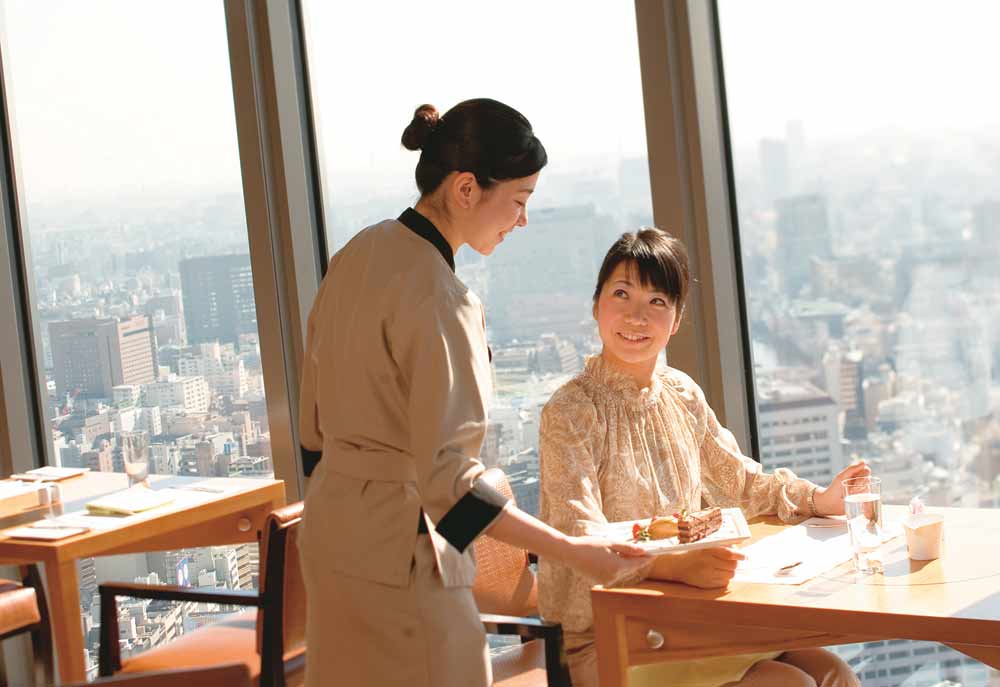Programme personalisation
Back in 2010, Loylogic, a provider of loyalty technology solutions, predicted for 2011 that: “a one-size-fits-all loyalty programme will not suffice. With almost two billion loyalty programme memberships in the US and more worldwide…. consumers have more options and more control than ever and it’s vital for businesses to provide consumers with rewards they want to earn to maintain customer engagement and encourage repeat business. The next generation of reward programmes must offer unique, desirable and, importantly, attainable reward options.”
In other words, the personal approach and understanding the customer needs is what matters. Kent Cooper has seen this in regard to the Fairmont President’s Club, stating: “We see that consumers are thinking about luxury in a more personal way, how it relates and reflects upon them, and how the purchases can be experiences, investments, or even small rewards. What we wanted to do with FPC was more fully engage with our two top-tier member groups by increasing the relevancy of the benefits available and surprising them with unexpected benefits, while speaking to our entire membership base through tailored communication and offerings around key passions that they themselves choose.
“Interestingly, the passions our members gravitated towards did not vary greatly from region to region. The main passions of our members in Canada were the same as they were in China and the UAE,” observes Cooper.
A key trend for Sirius last year was a change in customer behaviour.

| Advertisement |
“We have noticed that members respond to exclusive campaigns where we offer bonus points rather than availing a reduced redemption offer. This has changed since 2009 where members would grab reduced redemption offers to burn their accumulated points,” explains Ayman Al Deik, group director of brand loyalty and acquisition at Jumeirah.
Looking into the future, Ayman continues: “Prior to 2009, high-end luxury hotel chains didn’t necessarily have a published loyalty programme and tended to recognise their loyal customers through a CRM initiative or an invitation-only programme. Currently, we have seen several high-end brands launch their own loyalty programmes, while others are also pushing to acquire new members. The market clearly indicates that customers are keen to know what they are entitled to by being loyal to a brand.”
Technology also reigns as a future prediction across the board: “With the evolution of technology, we predict more and more digital solutions,” adds Landais at Accor.
In You Gov’s Oracle study of Travel in the Middle East, North Africa and Subcontinent 2011, just 7% of respondents are loyalty members of a hotel. While this is a low figure, it would indicate that there’s plenty of scope in the region for loyalty programmes to develop.
Continue to next page to see our five hotel loyalty programme case studies...









 Search our database of more than 2,700 industry companies
Search our database of more than 2,700 industry companies









